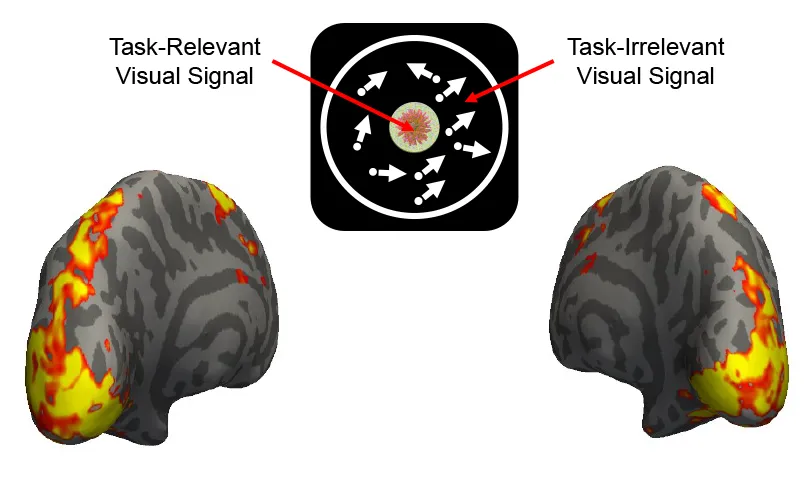Adaptive plasticity development in visual perceptual learning
Markus Becker — Hector RCD Sebastian Frank
This project investigates neural mechanisms that play an important role in visual perceptual learning (VPL) when processing task-relevant and task-irrelevant visual information. Of particular interest here is how mechanisms of VPL change from childhood to adulthood and how the occurrence of VPL can be supported in different age groups.
This project investigates neuronal mechanisms that play a key role in visual perceptual learning (VPL) in different age groups. Previous findings show that the occurrence of VPL in adults depends on the relevance of visual information to a task. VPL allows adults to process relevant stimuli that have been trained more efficiently than before training. In adults, however, VPL does not occur for visual stimuli that are irrelevant and highly salient. This is different for primary school-aged children, because they show VPL for both trained relevant and salient irrelevant stimuli. Based on these preliminary findings, I investigate how neural mechanisms of VPL for relevant and irrelevant stimuli change from childhood to adulthood. To investigate my question, I combine methods from psychophysics and non-invasive MRI-based imaging of visual brain regions.
Children and adults perform a visual training task with task-relevant and task-irrelevant visual signals. I investigate how children and adults process and learn task-relevant and task-irrelevant visual signals using non-invasive neuroimaging techniques. The picture shows activation in the left and right hemispheres during visual learning.

Markus Becker
University of RegensburgSupervised by

Sebastian Frank
Psychology & Neuroscience

